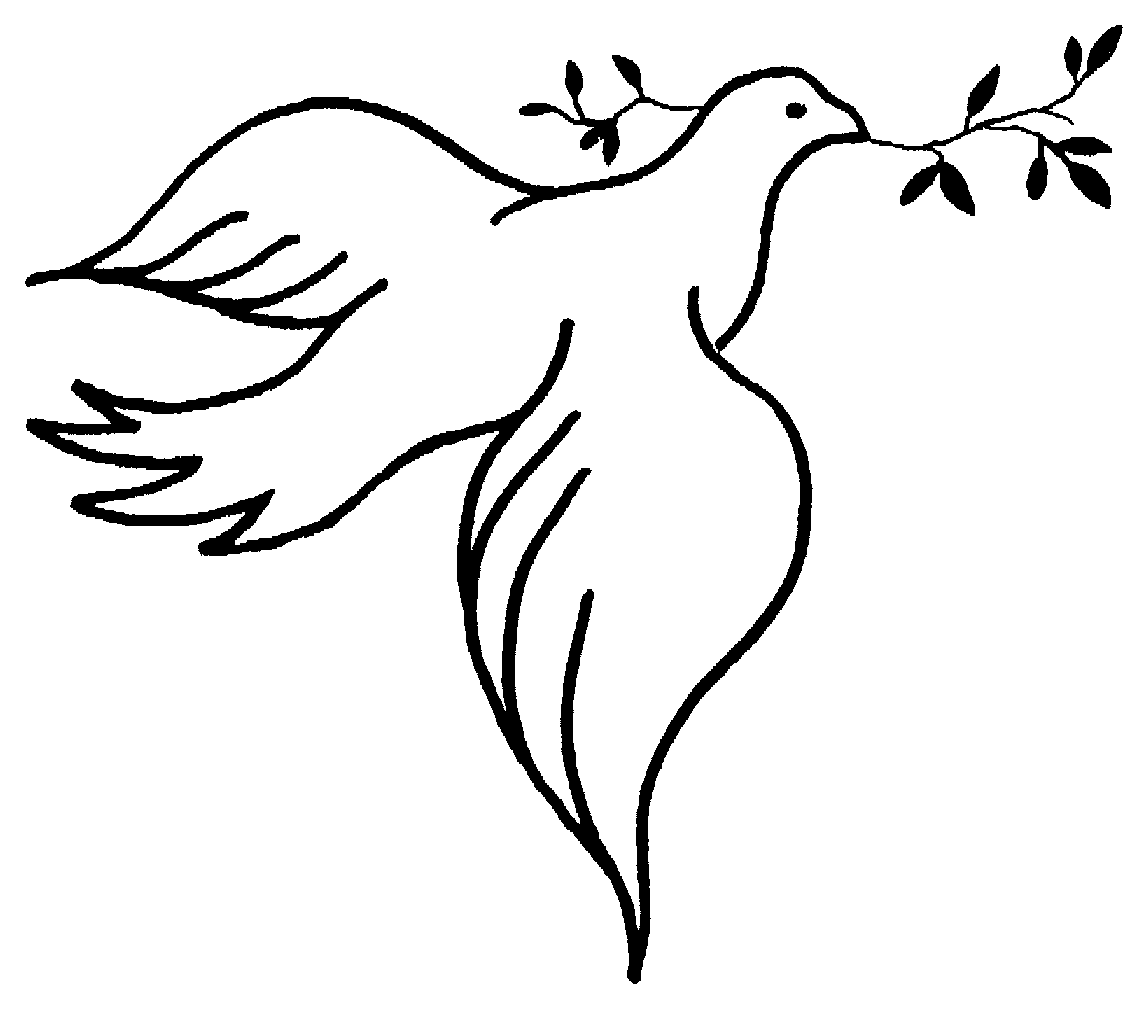When someone we love dies, there are many things to arrange, and the most important is the person’s funeral. For Catholics, a Requiem Mass or Funeral Service is offered as the best way of showing our continued love for the deceased.
What does the Church teach about death?
 Death is a consequence of Original Sin – if we had not sinned then our bodies would go straight to Heaven as Our Lord’s did in the Ascension and Our Lady’s at the Assumption. However, since Christ has conquered death on the Cross, our sorrow is tempered by hope in the Resurrection. We trust that on the last day our mortal sins have been forgiven in Baptism and Confession, but the effects of sin still remain, and this is why we still have to undergo Purgatory – the love of God working to cleanse us and make us able to enter into God’s presence. We can help the Faithful Departed to pass more swiftly through Purgatory by our prayers. The greatest prayer we can offer is the Holy Sacrifice of the Mass. A Mass for the dead is called a Requiem – meaning a Mass offered that they may rest in peace.
Death is a consequence of Original Sin – if we had not sinned then our bodies would go straight to Heaven as Our Lord’s did in the Ascension and Our Lady’s at the Assumption. However, since Christ has conquered death on the Cross, our sorrow is tempered by hope in the Resurrection. We trust that on the last day our mortal sins have been forgiven in Baptism and Confession, but the effects of sin still remain, and this is why we still have to undergo Purgatory – the love of God working to cleanse us and make us able to enter into God’s presence. We can help the Faithful Departed to pass more swiftly through Purgatory by our prayers. The greatest prayer we can offer is the Holy Sacrifice of the Mass. A Mass for the dead is called a Requiem – meaning a Mass offered that they may rest in peace.
Catholic funerals are carried out according to the Order of Christian Funerals (1989), the only canonically approved liturgical rite in the English language (rites approved by the Church). A Catholic funeral holds two distinct purposes: to honour the dead and care for those who are grieving. This care is focused on remembering and celebrating the death and subsequent Resurrection of Christ, and how this mystery offers Catholics hope. Every Catholic, unless (s)he is specifically excluded due to Church/canonical law, is entitled to a Catholic funeral.
The Vigil for the Deceased
The Vigil for the Deceased is a short reception of the body of the deceased into the church in which they regularly worshipped. Normally this rite is scheduled and publicised in the obituary so that more of the community can attend. The Vigil is generally led by a priest or deacon, though if none are available a lay person with experience in leading public prayers may be chosen instead.
The Funeral Mass
The Funeral Mass may be celebrated any hour of any day except for solemnities of obligation: Holy Thursday, Good Friday, Holy Saturday, Easter Sunday or any Sunday in Advent, Lent and the Easter Season. Generally the Funeral Mass is celebrated in the church of which the deceased was a member. Alternatively, the family may choose to have the Funeral Liturgy Outside of Mass.
The Rite of Committal
The Rite of Committal is a “gathering of the faithful for prayer” that generally takes place at the graveside or crematorium chapel. At this time it is usually appropriate for military or cultural customs to be included. Though burial is preferred by the Catholic Church, cremations are also allowed as long as they were not chosen for reasons that go against the Church’s teachings. If a cremation does occur, the ashes are considered as the human remains and therefore should be buried or entombed. Scattering ashes so that they remain above ground is discouraged. Burial in the consecrated ground of a Catholic cemetery is encouraged for both human remains and ashes. Some non-Catholics may also be buried in Catholic cemeteries if they expressed a relationship to the Church and a desire to do so, or if a nonCatholic member of a Catholic family (or his/her family) expressed a desire for the family to be buried together. According to the Order of Christian Funerals, the Vigil for the Deceased, Funeral Mass and Rite of Committal are the three main parts of a Catholic funeral. Planning a Catholic funeral should be done with the parish priest so as to navigate Church practice, procedure and law most effectively
